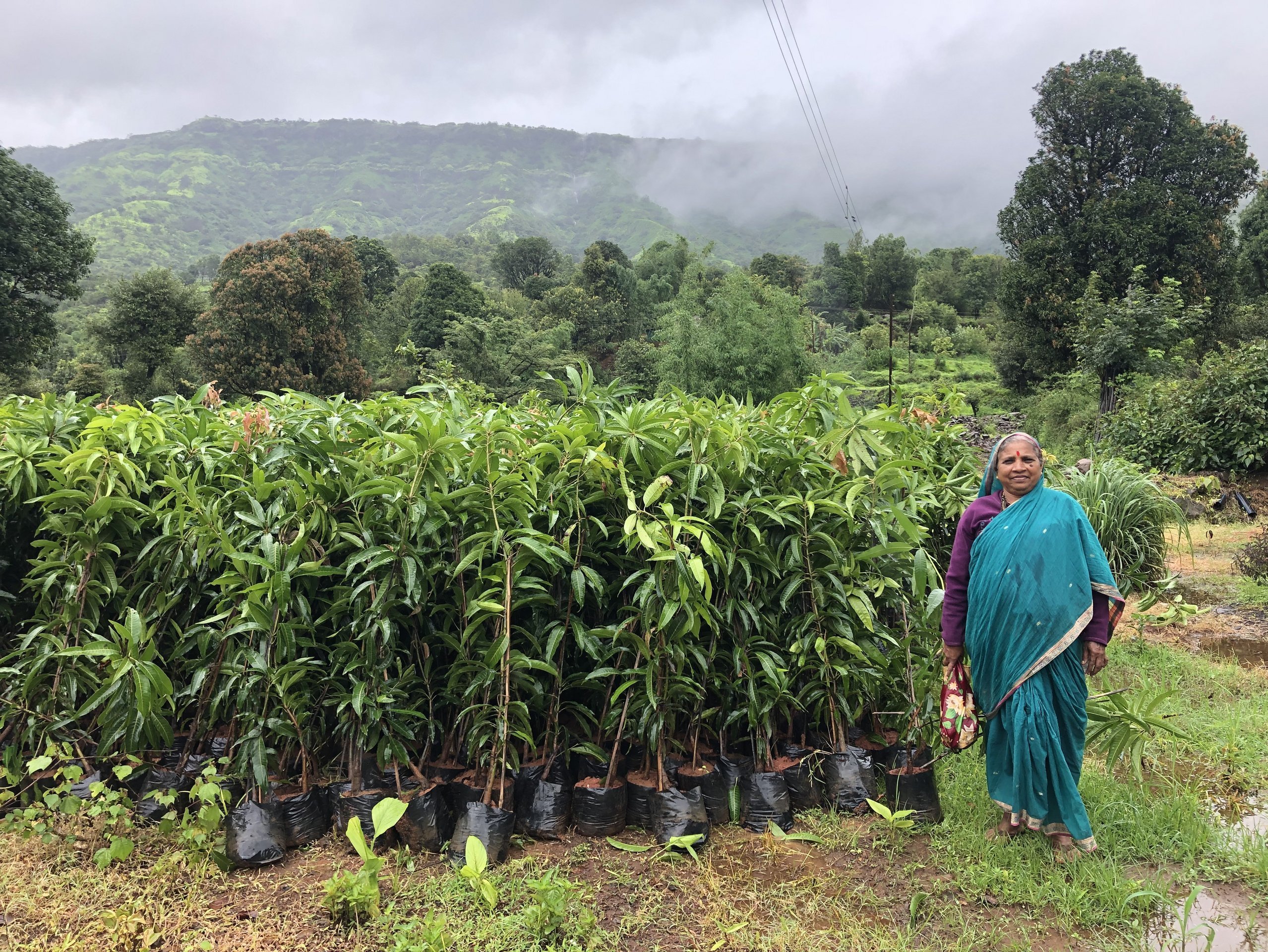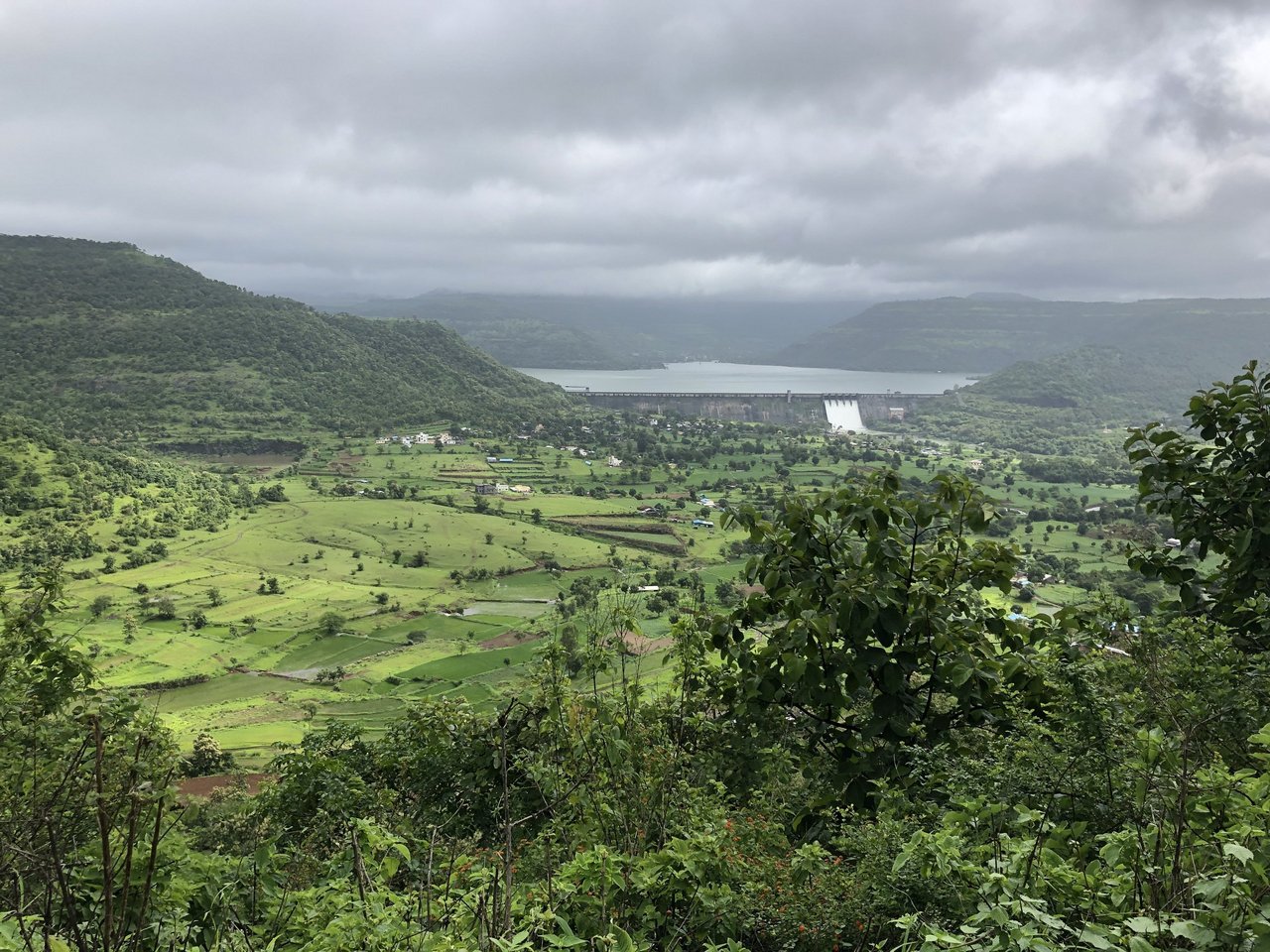The Western Ghats of India form a 1,600 km long, forested mountain chain running from north to south. Their exceptionally high level of biodiversity makes them a global biodiversity hotspot. Such hotspots are regions where there are many endemic animal and plant species and nature is under great threat. Deforestation not only releases large quantities of carbon dioxide into the atmosphere but is also increasingly having a negative impact on the living conditions of local communities. Indigenous peoples rely heavily on the use of forest resources and are thus particularly at risk and severely affected by the negative consequences of land use changes.
The Western Ghats are recognised as a UNESCO World Heritage Site. The forest is extremely valuable because of its water storage properties, including for the cities of Mumbai and Pune in Western India. It moderates the climate in the region and provides a number of ecosystem services on which the livelihoods of local inhabitants depend.

